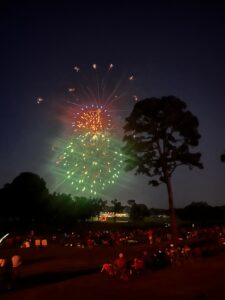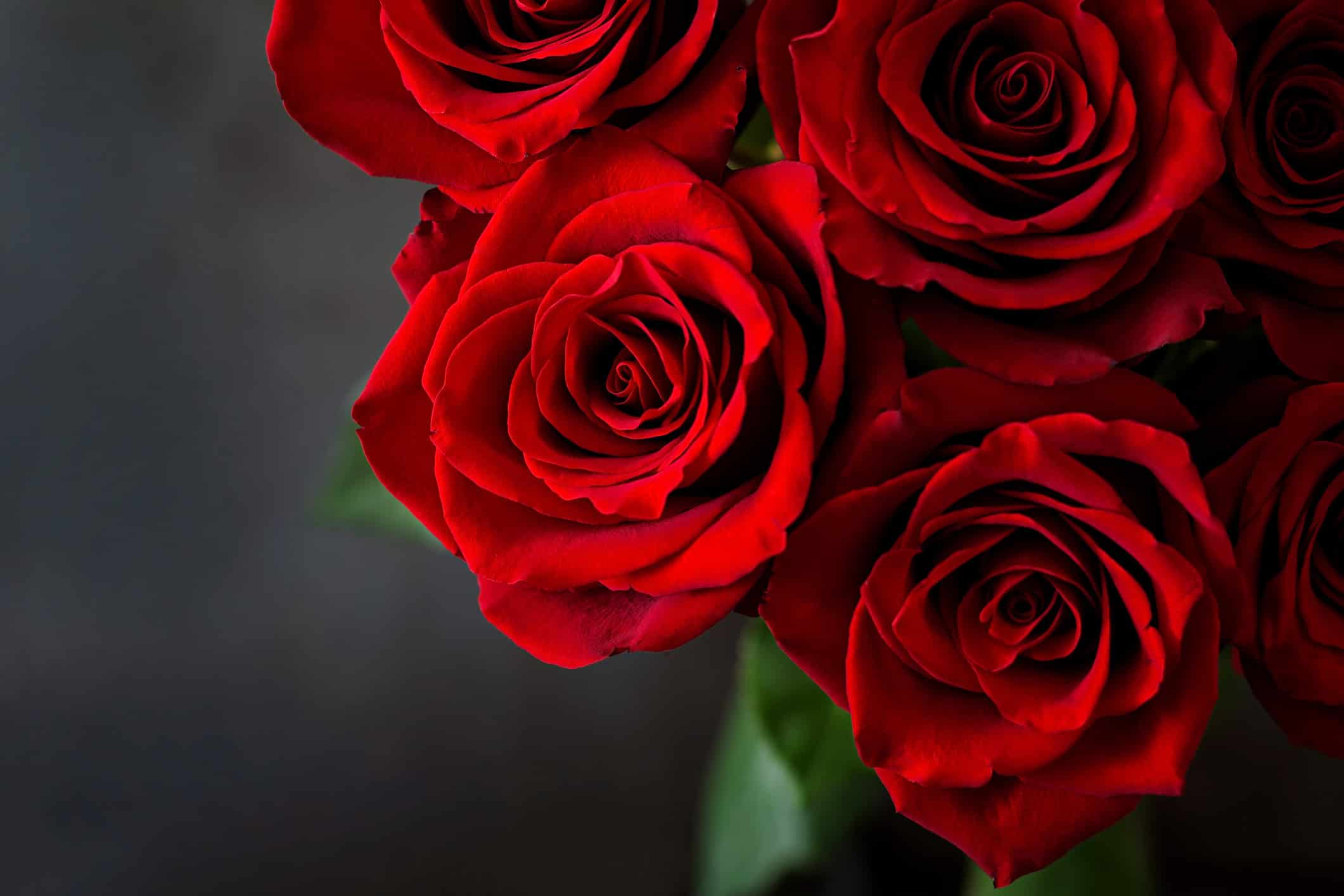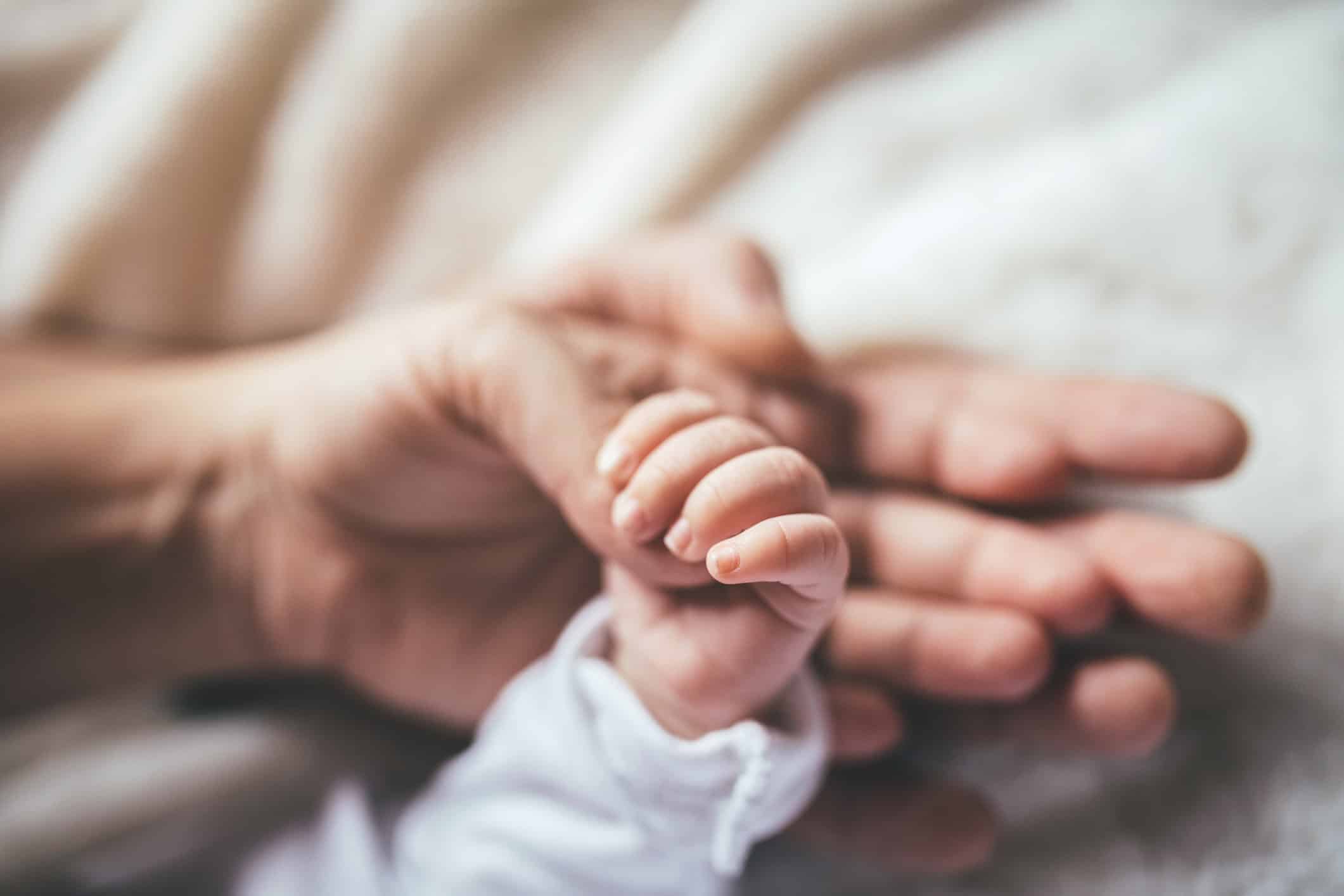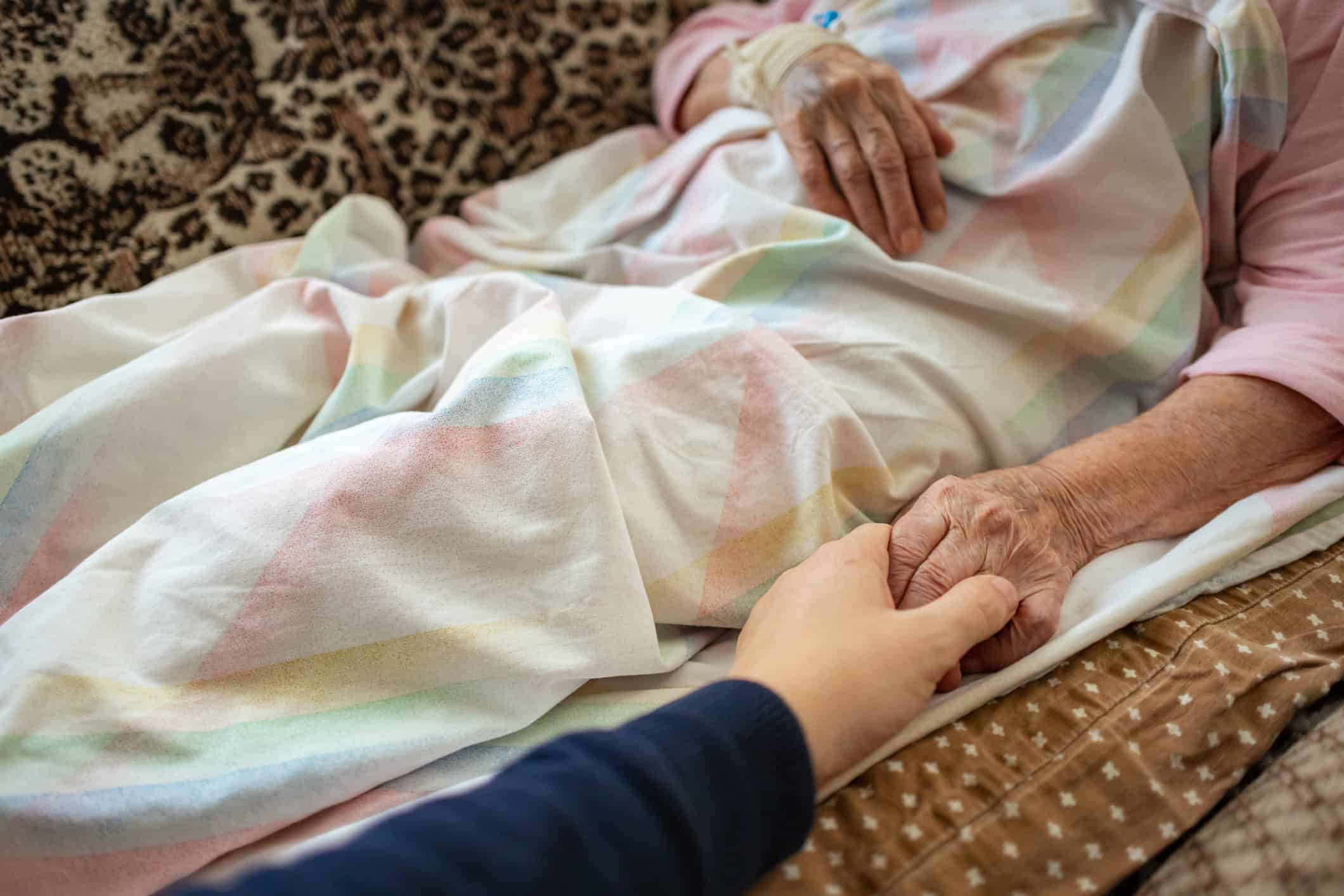Introduction

Photo by Asha Mehta
With this issue of Medicine and Meaning we are excited to present a new array of stories, essays, and poems selected from the Mehta Creative Writing Contest. Now in its fourth year, we have received over 50 submissions. Dr. Micah Hester once again convened a group of expert panelists to read, review, and assess and the stories for the award. In total, the committee chose three first prize winners and four honorable mention winners. In this issue, we present works selected from these winning writers.
With this issue, we also wish Eric Moorehead a very happy retirement even as he continues to edit for Medicine and Meaning and we also welcome Dr. Nancy Rusch to the editorial board as co-nonfiction editor with Eric. Dr. Nancy Rusch is a world-class researcher with extraordinary writing and editing skills. Welcome Dr. Rusch!
Dr. Jon Oden won first prize for his story in the fiction section,”Sweet Serial.” In this story a boy finds adventure, misfortune, anguish, and healing, all tuned to his body rhythms and metabolism. In the nonfiction section, Dr. Abeer Chaudhary shares “Postmortem Final,” a testimony to her mother’s untimely and tragic demise and its aftermath of grief and pain. In this section too, Ana Rodriguez Rivera presents her “reflections on accepting uncertainty.” In her essay on the uncertainty of life in the midst and aftermath of the COVID pandemic, she weaves together cultural, social, literary, musical, and other themes to show that we live in a time of great anxiety and suggests “nothing is certain not even negative and frightening things. … Anything can happen.”
In the poetry section, Claire Gist Bradberry won first prize for her poem “Roses.” In this humorous poem, she shows how she took time to stop and smell the roses quite literally by planting “a whole damn garden to escape from misery.” In another poem “One Second,” Dr. Luke Childress shares “one second pleasures” and how they add up to a good life. Dr. Abhilash Thatikala shares “Whispers of Neurons” about his residency experience in the department of neurology. The poem extols the virtues of learning new information, helping patients, developing camaraderie, and all the other wonderful things about training. The faculty in his program have confided to me their joy in reading his poem. Finally, Mallory Onarecker shares her poem “Born Again Again Again,” revealing “This ain’t no drowning – it’s a baptism.”
These UAMS writer-healthcare workers join many others who have chosen to write about their experiences. In fact, healthcare workers have always been writers. They see life from the inside out, are present at the most intimate moments of life, and witness the entire spectrum of human emotions. It is therefore not surprising that many famous writers have been doctors, nurses, pharmacists, and other healthcare workers. Take, for example, doctor-writers like Drs. Anton Chekhov, William Carlos Williams, and Khaled Hosseini, and nurse-writers like Walt Whitman, Louisa May Alcott, and Christie Watson.
This year, we will present the awards at a special ceremony and reception in November. All the finalists will read all or part of their stories, essays, or poems. If you would like an invitation to this event, please email us at medicineandmeaning@uams.edu. Also, if you’d like to become a reader, writer, reviewer, or editor for this journal, please email us.
This has been a hot summer. I hope these stories cool off some of the heat and provide much-needed rest, relaxation, entertainment, and wisdom.
Please write to us to tell us how we’re doing or to submit your best story or poem. We would love to hear from you.
Paulette Mehta M.D., MPH







